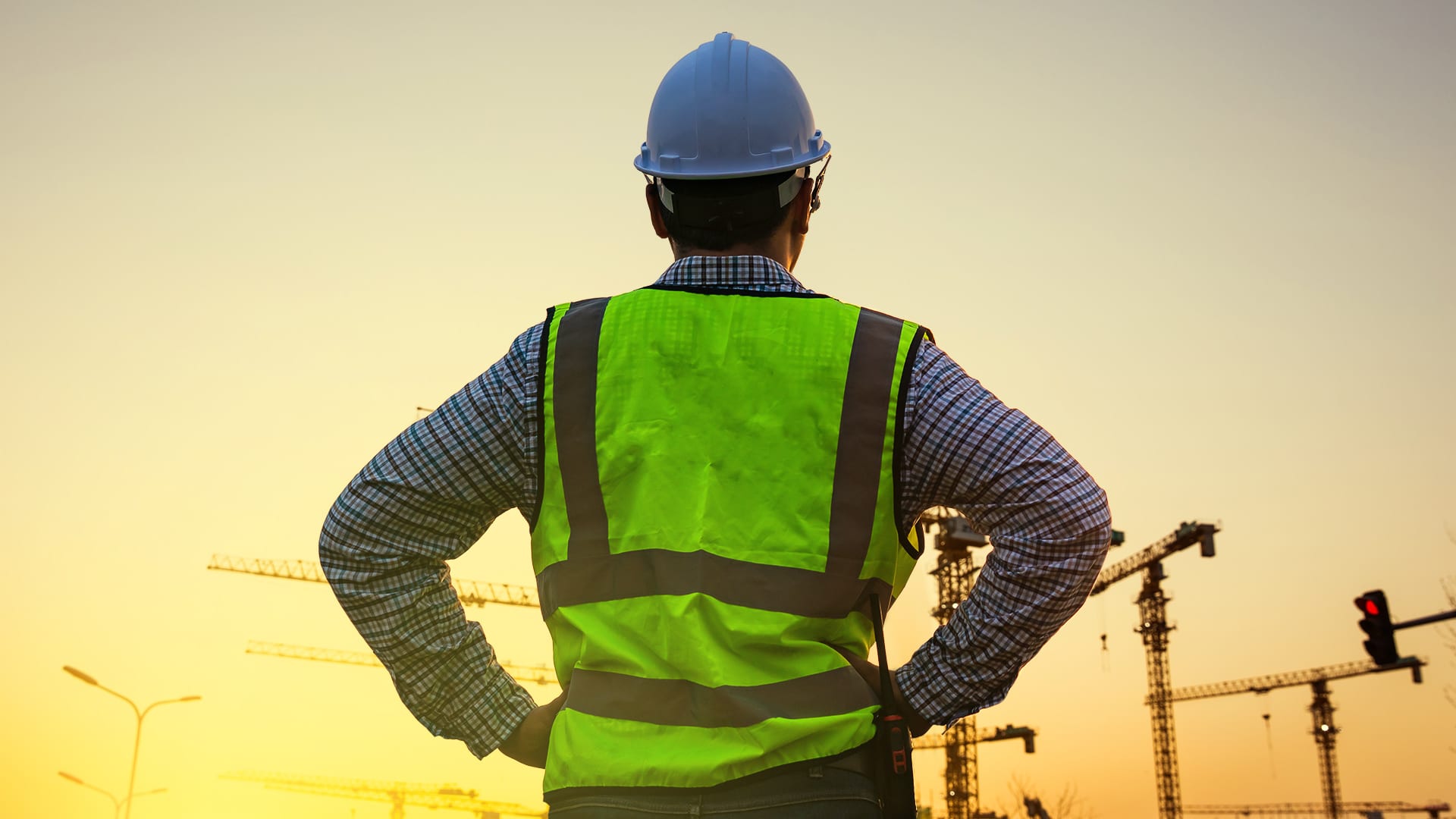
This week, it’s Mental Health Awareness Week in the UK. Hosted by the Mental Health Foundation, there’s a twofold purpose to the event: Raising awareness about mental health concerns, and inspiring action on the part of everyone to help promote good mental health for all.
This has been a highly discussed topic among construction circles—especially now that we’re facing unique and unfamiliar challenges. Things like uncertainty, quarantine, and remote work can all affect a worker’s mental health. However, even in these trying times, it is possible for construction firms to prioritise mental health among their workforce. And today, more than ever before, people in construction look to their companies to offer support, particularly where mental health is concerned.
Here is what you can do to ensure that your employees and colleagues are getting the support they need.
Trust is of paramount importance in construction. Projects run smoothly because they’re built on a foundation of trust between all divisions of the project’s team. Just as trust is important on a construction site, it’s important among remote workers, too. A recent joint study between FMI and Autodesk underscored this with findings that showed how organisations with a high level of trust between their employees feature better performance and more favourable financials.
So how do managers go about building trust among their workforces? It all comes down to communication—lots of it. Frequent communication reassures employees and creates a sense of safety. In this communication, it is important to:
The construction industry has increasingly relied on technology in recent years. But with social distancing restrictions in place, technology’s influence is only growing. For some, this can add new stresses as the technology may be unfamiliar. Accomplishing tasks to deliver a project, while simultaneously learning a new tool, can feel overwhelming. Also, there is a level of isolation, with workers at home instead of at the office or construction site, which can add another layer of complexity to an already difficult situation.
Creating healthy relationships between employees and new technologies is essential to reducing stress. Consider the following:
Last, it’s important to realise change isn’t easy—and implementing widespread remote work policies is a big change for many employees. With that in mind, it’s crucial to embrace and set an example for the new normal. Be sure to set boundaries when setting up virtual meetings, such as regular hours for team calls and leave time for employees to take breaks and lunch. Also bear in mind that people are working from their homes. Understand that children, pets, or roommates could wander onscreen and create small disruptions at any given time.
One of the most important things construction employers can do to support good mental health among their employees is to be open about mental health. Empathy is one of the most valuable approaches. Acknowledge uncertainties, offer encouragement, and ask how you can help. Don’t be afraid to dig deeper and ask people how their families are doing. Encourage and reward things like creativity and innovation, and realise that in these times, people are dealing with families at home while they’re working along with other unusual situations—be flexible and make accommodations where necessary.
It’s also wise to know the ins and outs of treatment, if necessary. Take the time to understand available mental health benefits; if you’re familiar with treatments or professionals, you can offer resources to an employee in a time of need.
COVID-19 has meant a lot of things for a lot of people. It has meant practicing social distancing, limiting labour onsite to prevent exposure, and where possible, remote work for employees who are used to a daily commute to their place of work. It has also meant uncertainty for some, which is a challenge that certainly affects mental health.
There are additional resources available to the UK construction industry that promote safety and wellbeing among employees. You’ll find some of these below.
Mates in Mind
Mates in Mind is a charitable organisation devoted to providing information on mental health support to employers within the construction industry. Their primary goals are to raise awareness about mental health, show people how to get support, and break the stigma surrounding mental illness.
Among the valuable resources that Mates in Mind offers is the Community Hub, which is a space for businesses to share their stories about how they’ve been promoting wellbeing and good mental health among their workforces. Here, you can find a wealth of stories about what has worked for other companies.
They also a COVID-19 toolkit as well as offer the Supporting Remote Working Checklist, which features several helpful points, including:
Start the Conversation
The British Safety Council offers a free course called Start the Conversation, which helps teach individuals not only how to recognise signs of poor mental health, but also how to manage stressors to promote wellbeing. Among the information offered in this course, you’ll learn:
There is a lot of information available, making it well worth the time spent going through course materials.
The Lighthouse Construction Industry Charity
The Lighthouse Construction Industry Charity is an organisation that provides a confidential 24/7 helpline to the construction industry’s workforce throughout the UK and Ireland. Through the helpline, workers can receive various benefits, including emergency financial aid, advice on health and mental wellbeing, and support on legal and financial matters. In addition to this, the charity funds innovations to improve both health and safety on the jobsite.
This charity provides exceptionally valuable services—and they’re in dire need of donations right now. Prior to the COVID-19 pandemic, they collected funds through events, which is an impossibility with quarantine measures in place. Supporting them through donations is as simple as visiting their website.
COVID-19 has brought mental health further into the spotlight because of its effects on people’s mental and emotional wellbeing—and people are working through Mental Health Awareness Week to bring even more attention to this issue. It’s an important concern within the construction industry, one that will continue to be a priority long into the future after the current crisis has ended.

May we collect and use your data?
Learn more about the Third Party Services we use and our Privacy Statement.May we collect and use your data to tailor your experience?
Explore the benefits of a customized experience by managing your privacy settings for this site or visit our Privacy Statement to learn more about your options.